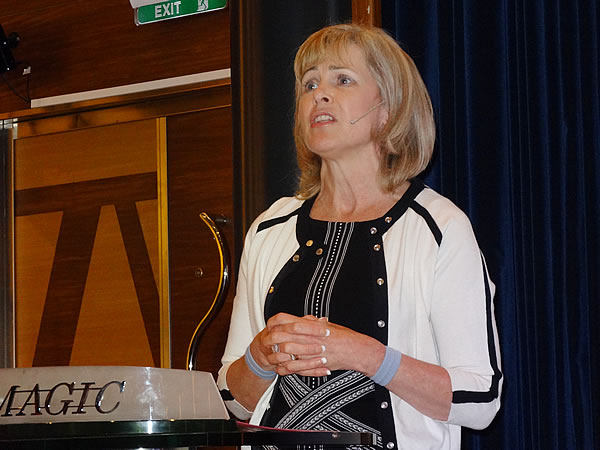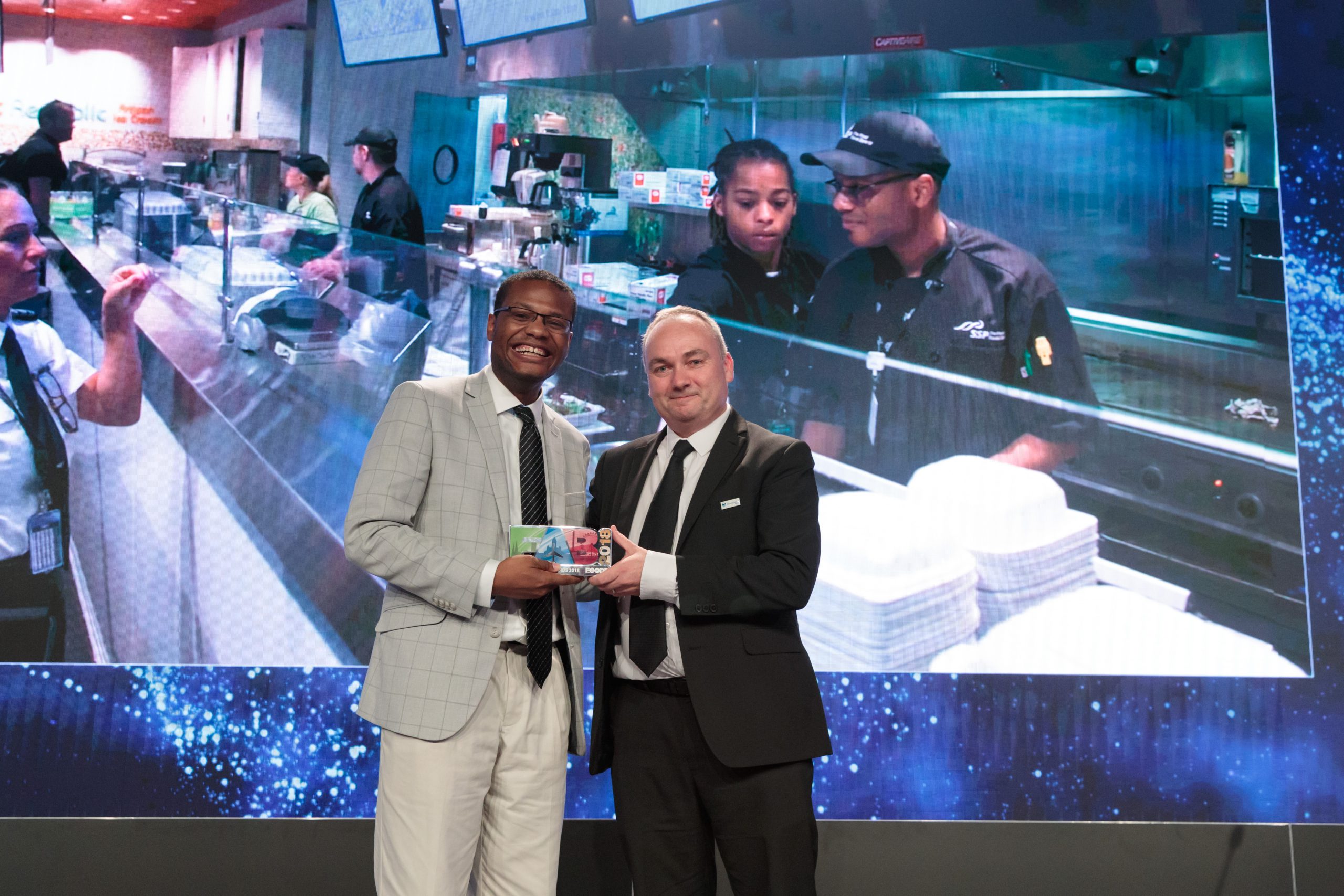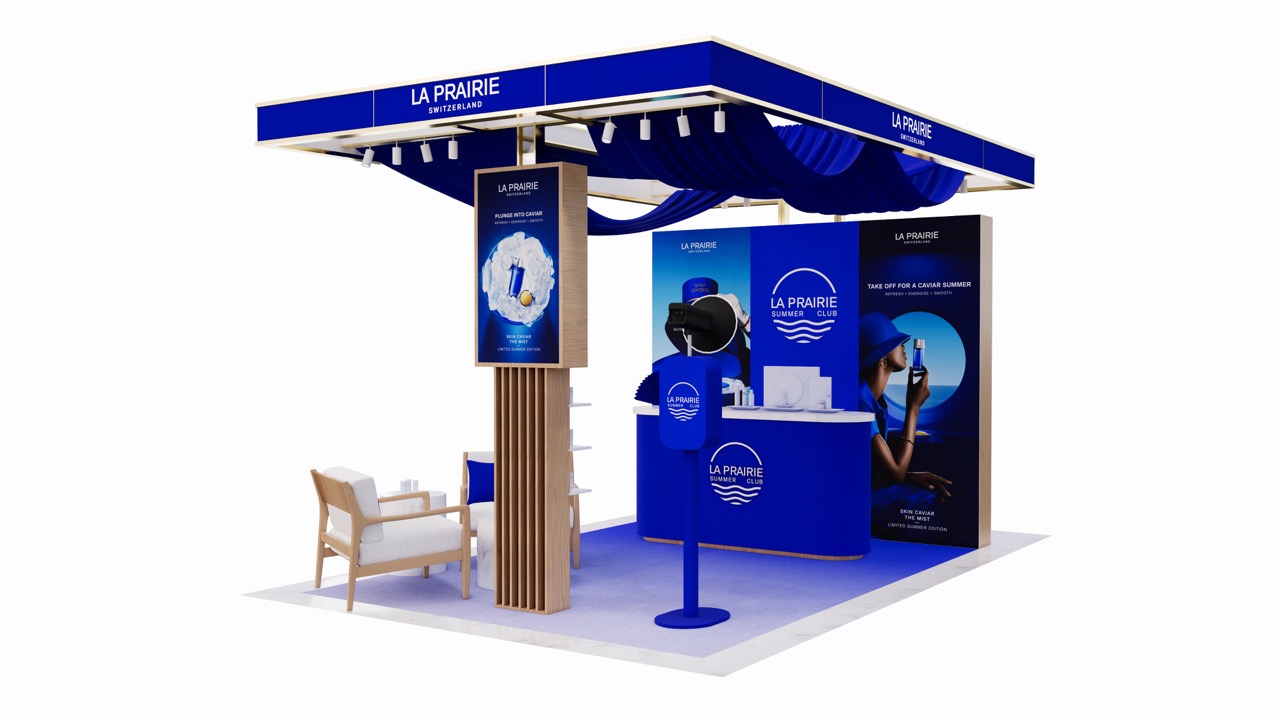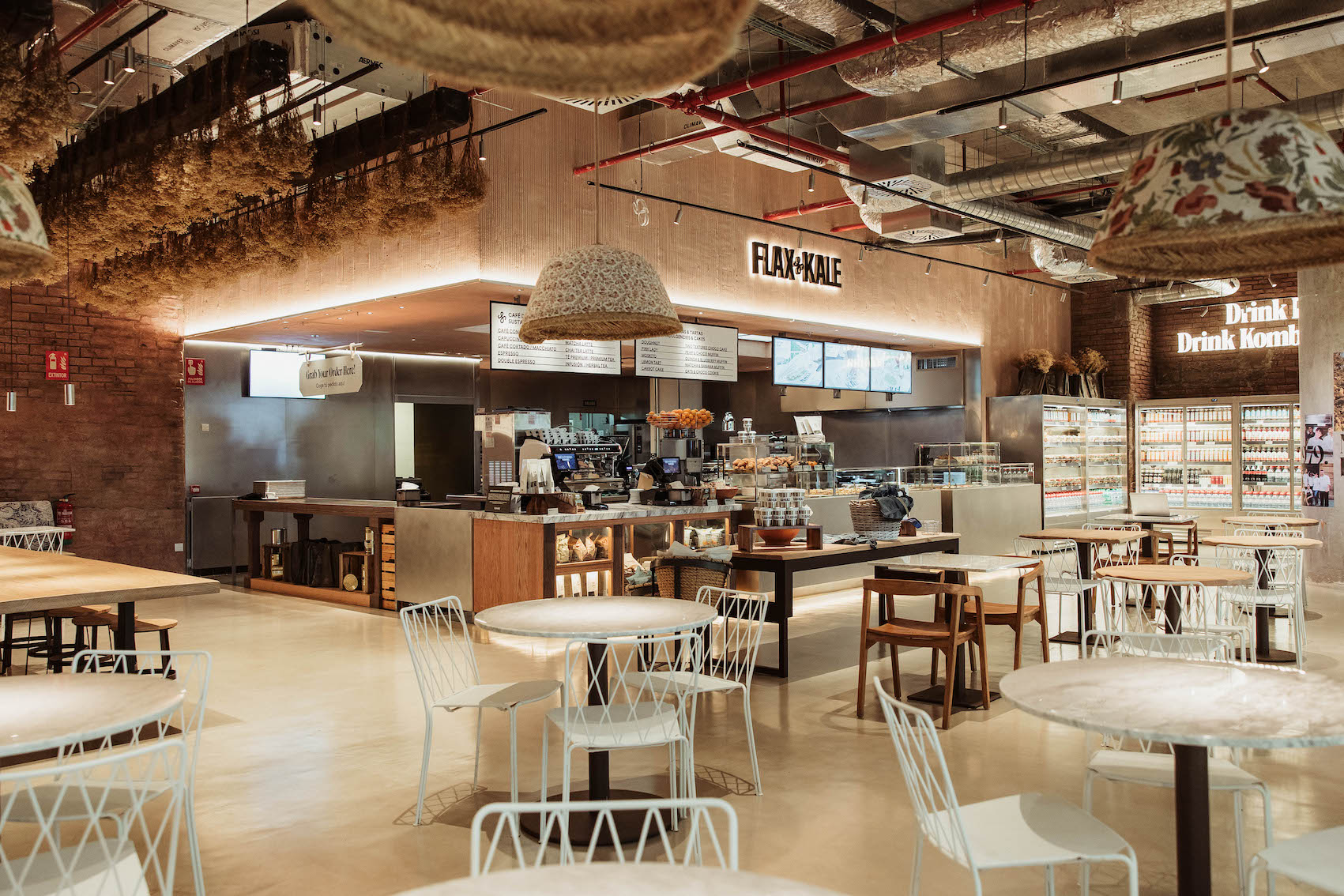In this guest column, Travel Retail Training Managing Director Christine Martin discusses all things to do with our industry’s frontline heroes.
[The views expressed in this column are not necessarily those of the Publisher].
People do matter. And people also natter. I would like to thank The Moodie Davitt Report for the opportunity to ‘natter’ (noun: an informal and leisurely chat) to you about why our industry should be talking more about our people, our future talent; those who are going to take our industry to the next level.

Many of you will already know from the work Travel Retail Training has done with inflight retail through the ISPY event, that my team and I are passionate about ensuring our frontline heroes have the knowledge and skills they need, to be the people we need.
There are so many ‘People Matters’ that we should be ‘nattering’ about. Such as: What are we as an industry doing to attract and retain talent? How good are we at managing, engaging, educating and empowering a multi-cultural workforce to be the best they can be?
Then there is the subject of implementing core competency standards throughout the many stakeholder groups. We must be able to ensure that the quality of that customer journey experience is both reliable and memorable. And this is only the tip of the iceberg.
The one thing which I think has the potential to have an impact on all of the above and more is ‘standards’. My favourite definition of a standard is ‘a principle of conduct informed by notions of honour and decency’. If I were to give my own definition of standards, it would read ‘knowing what best looks like and trying to be the best we can be’.
According to the British Standards Institute [which produces technical standards on a wide range of products and services], a standard is: “An agreed way of doing something. It could be about making a product, managing a process, delivering a service or supplying materials – standards can cover a huge range of activities undertaken by organisations and used by their customers.
“Standards are the distilled wisdom of people with expertise in their subject matter and who know the needs of the organisations they represent – people such as manufacturers, sellers, buyers, customers, trade associations, users or regulators.
“Standards are knowledge. They are powerful tools that can help drive innovation and increase productivity. They can make organisations more successful, and people’s everyday lives easier, safer and healthier.”
Whilst consulting for the Duty Free World Council (DFWC), we collaborated with a number of key industry players (our version of distilled wisdom, I suppose) to create professional standards for sales professionals working in a multi-product category airport environment, and tobacco and fragrance brand ambassadors. These standards are available to all via the DFWC website.
These standards set out what a duty free & travel retail sales professional should know and be able to do, along with a set of expected behaviours.
What if part of the solution was the adoption of agreed standards across all stakeholders? Do you think that collaboration is a viable and desirable option?
Standards are not necessarily just for our frontline heroes. Interestingly, I found a set of standards on the CIPD website [a professional body for HR and people development] for employers who take the care of the development of their employees seriously. See what you think.
These standards are all based on principles for valuing people in organisations:
- People working on behalf of the organisation have intrinsic value, in addition to their protections under the law or in regulation, which needs to be respected.
- Stakeholders and their interests are integral to the best interests of the organisation.
- Every organisation is part of a wider society and has a responsibility to respect its social contract as a corporate citizen and operate in a manner that is sustainable.
- A commitment to valuing people who work on behalf of the organisation and to meeting the requirements of the standard is made and supported at the highest level.
- Each principle is of equal importance.
There has been much industry ‘natter’ about the ‘customer journey’ and the importance of making the most of every touch point. But when each touch point is owned by a different stakeholder, how can we ensure a consistently positive and memorable experience for each and every customer?
What if part of the solution was the adoption of agreed standards across all stakeholders? Do you think that collaboration is a viable and desirable option? Just think about the sense of engagement, community and personal ownership that this could create. Just imagine the possibilities if our industry was so in sync; we could finally live up to our promises of improving the ‘customer journey’.

As a side note, we would like to congratulate SSP America’s D’Angelo Charles, who was named F&B Team Member of the Year at the FAB Awards recently held in Helsinki. I met D’Angelo, and he was the most humble and delightful young man. Well done, and your story is truly inspirational.
I also have to mention the first industry conference and awards which focuses solely on ‘Our People Matter’. This event will take place on the 6 and 7 December at the Radisson Blu Edwardian Hotel, London, Heathrow. You can go to our website for more information on how to register or enter for the awards. We hope you will join us, and become a part of the TRT journey.













